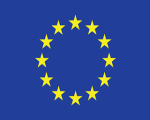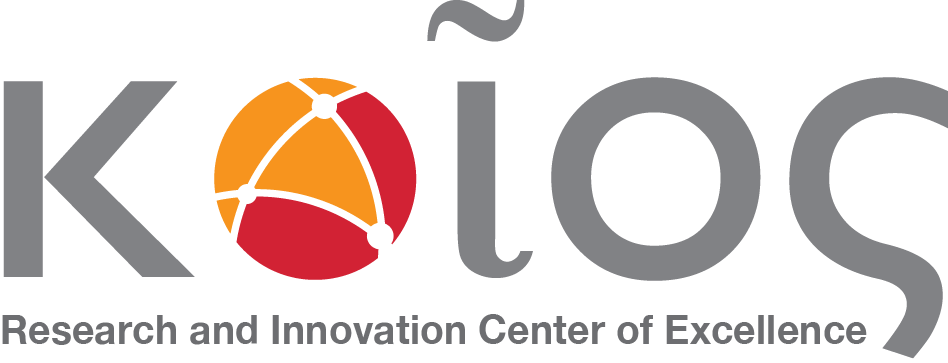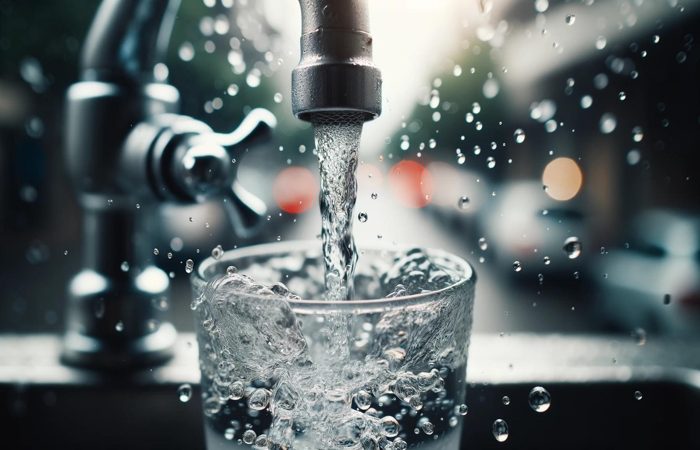intoDBP is an EU-funded project that will develop, test, scale-up, validate, and benchmark innovative tools and strategies to improve water quality management for safe human use and a healthy environment. It focuses on catchment protection and forecasting, transformative drinking water treatment, and real-time monitoring to combat the effects of climate and global change.
In particular, the project aims to develop a comprehensive approach from source to tap for an optimum drinking water surveillance strategy, to foster AI sensor deployment methodologies and algorithms in water distribution networks and create a new open and ready-to-use workflow using a combination of dynamic and statistical models. In addition, it aims to increase the understanding of human exposure, to generate and implement models and recommendations to impact policy and decision-making in Europe, as well as to provide guidance to decision makers to formulate optimized and future-proofed climate change adaptation pathways to successfully tackle emerging water quality threats.
The project will develop its cross-cutting solutions on 4 complementary case studies combining rural and dense urban areas, from 3 European countries (Spain, Cyprus, and Ireland), where disinfection by-products are a scientific, technological, and political challenge. The KIOS research team contributes to the project’s outcomes by implementing a modelling and mathematical tool for the formation of disinfection by-products and strategies for optimal control and minimization of their formation risk.
The consortium consists of 16 partners from Europe, including researchers, small and large enterprises, communication experts and public services. On behalf of the University of Cyprus, NIREAS International Water Research Center and KIOS Center of Excellence are participating as project partners.
Project’s website: https://intodbp.eu/
 The intoDBP project has received funding from the European Union’s Horizon 2020 research and innovation programme under Grant Agreement n°101081728.
The intoDBP project has received funding from the European Union’s Horizon 2020 research and innovation programme under Grant Agreement n°101081728.



